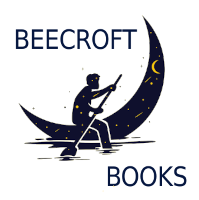Bomber’s Moon Giveaway
I’m sorry! I know you must be even more bored of me going on about UtH: Bomber’s Moon than I am, but I did mention something on Tuesday about a giveaway. So I thought you might like to know that I’m running a “give away a copy to a random commenter” thingy over here on…
